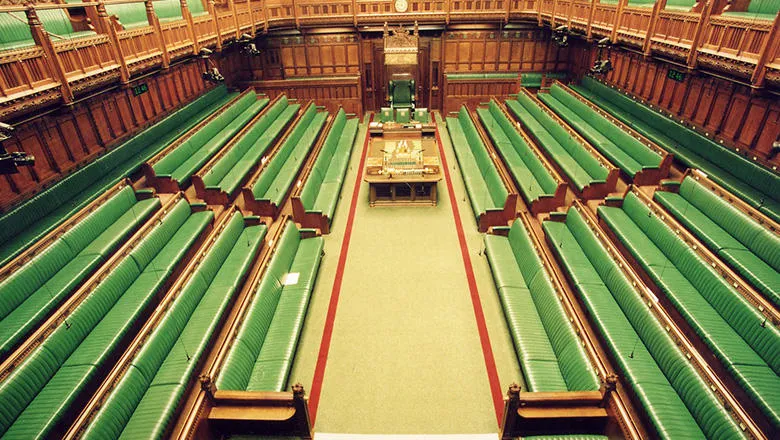Of 36 groups of recommendations made, just four have been fully addressed

Efforts to improve gender equality in Parliament have made too little progress, according to a new report from the APPG for Women in Parliament which highlights the extent to which proposed reforms have not been implemented.
Open House: Where Next for Gender Equality in Parliament is the first ever audit of a decade's worth of reports into gender equality in the UK Parliament.
It shows that 92 recommendations, spanning 36 different themes, have been made to 29 bodies since 2014, but only a handful have actually been adopted.
Of the 36 groups of recommendations made across 11 reports, just four have been fully addressed, researchers say. These include proxy voting for new parents, the setting up of the Independent Complaints and Grievance Scheme and the establishment of the Women and Equalities Select Committee.
Key proposals that to date have not been adopted range from measures to increase the diversity of members and address sexual harassment and bullying, to ensuring parliamentary facilities and procedures accommodate those with disabilities and caring responsibilities.
The report, which was prepared by researchers from the Global Institute for Women's Leadership at King's College London and the Fawcett Society, says the UK Parliament is falling behind when it comes to being an attractive, safe, and progressive workplace for women and highlights where more must be done.
The report calls for:
- Establishing a Speakers Advisory Committee with the necessary legitimacy, authority and resources to lead and push forward the gender-sensitive Parliament agenda and oversee regular future audits.
- Securing a formal pledge from party leaders and the government to bring about a gender-equal House of Commons by 2028, identifying the specific measures each party will adopt to achieve this.
- Undertaking a publicly available review of measures introduced during the pandemic for their impact on diversity, and reintroducing those which improve predictability and flexibility of work for MPs.
Maria Miller MP, Chair of the APPG for Women in Parliament, said
"To have women in Parliament, not as a minority but as 50% of our elected MPs, is incredibly important. It's important for representation, for better and more diverse policy outcomes, and to bring the full perspective of human experience to the corridors of power. The constituents of every MP are 50% female, and they deserve their voices to be heard in Westminster. Over the last decade there have been plenty of high-quality, useful reports on how we can both recruit more women into politics and how we can change the workings of Parliament in such a way that barriers to participation are removed and men and women can thrive equally in an already strange and pressured environment. We haven't been doing the best job at tracking these recommendations though, which is where the APPG's report comes in: we have audited all the recommendations from many of these past reports, revealing where we are with each of them.
"We can see that progress hasn't been as quick as we would have liked: of the 36 groups of recommendations previously made, only four have been fully implemented. We still have a long way to go to make Parliament a truly equal place for men and women.
"The recommendations in this report present a blueprint for how to do that. I want to see just how much progress we can make by 2028, the centenary of the Representation of the People Act 1928, so we can truly say ours is the best legislature in the world."
Dr Minna Cowper-Cowles, Research Fellow at the Global Institute for Women's Leadership, King's College London, said:
"The UK is falling behind other nations such as Australia, New Zealand, France, Spain and the Netherlands in terms of the political representation of women. If we want a democracy that represents the needs and interests of the whole population, we need to make sure that women are accommodated and supported in Parliament. This report is a comprehensive guide to the actions that are needed to put these changes in place."
Jemima Olchawski, Chief Executive of the Fawcett Society, said:
"Without truly equal representation in the halls of power, women's views and priorities will never be adequately addressed by our democracy. We make up over half of the population, but just 34% of our Parliament, despite so much work already done to move us forward. Fawcett's own research, A House For Everyone, shows that right now, only 37% of women MPs agreed that 'the culture in Westminster is inclusive for people like me.' It's clear we still have a long way to go.
"Open House is a critical audit of what's been done, what's been ignored, and what we have left to do. We urge government to take up the challenge and urgently progress the recommendations in this report so we can see gender equality in our Parliament by 2028."






